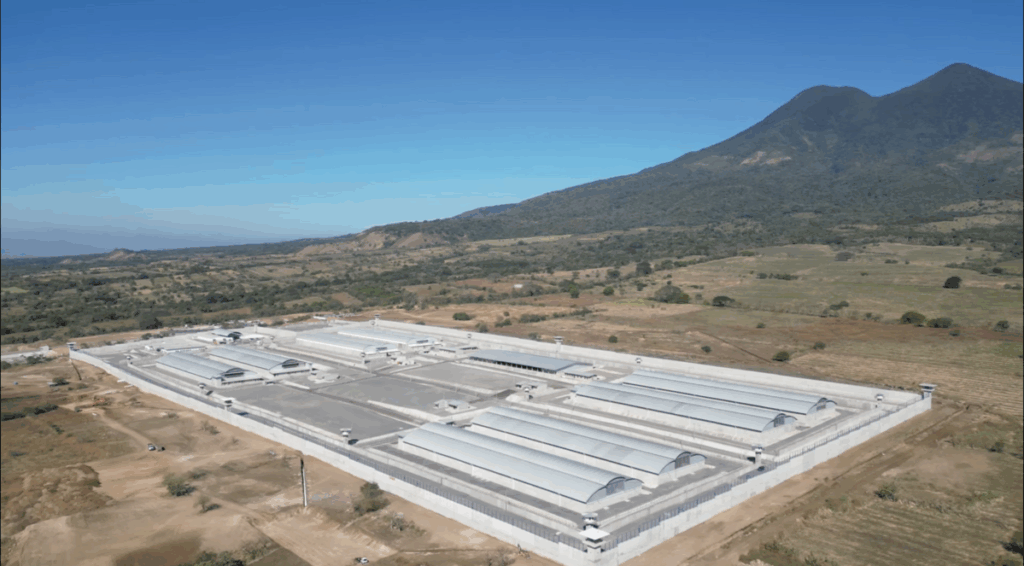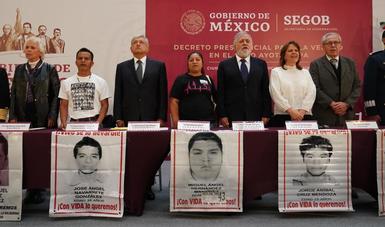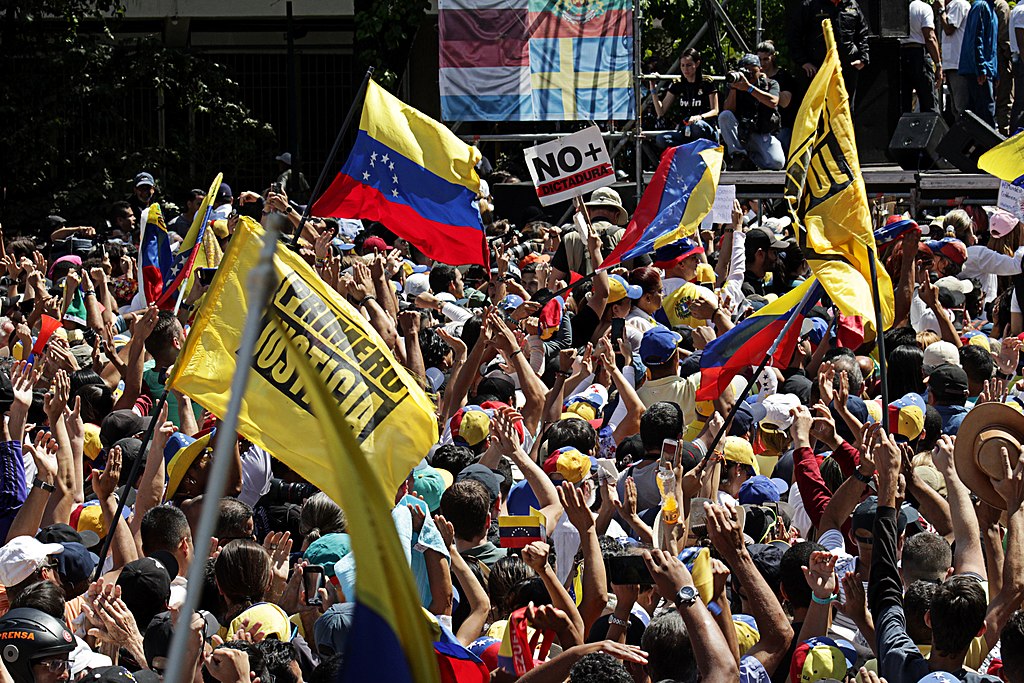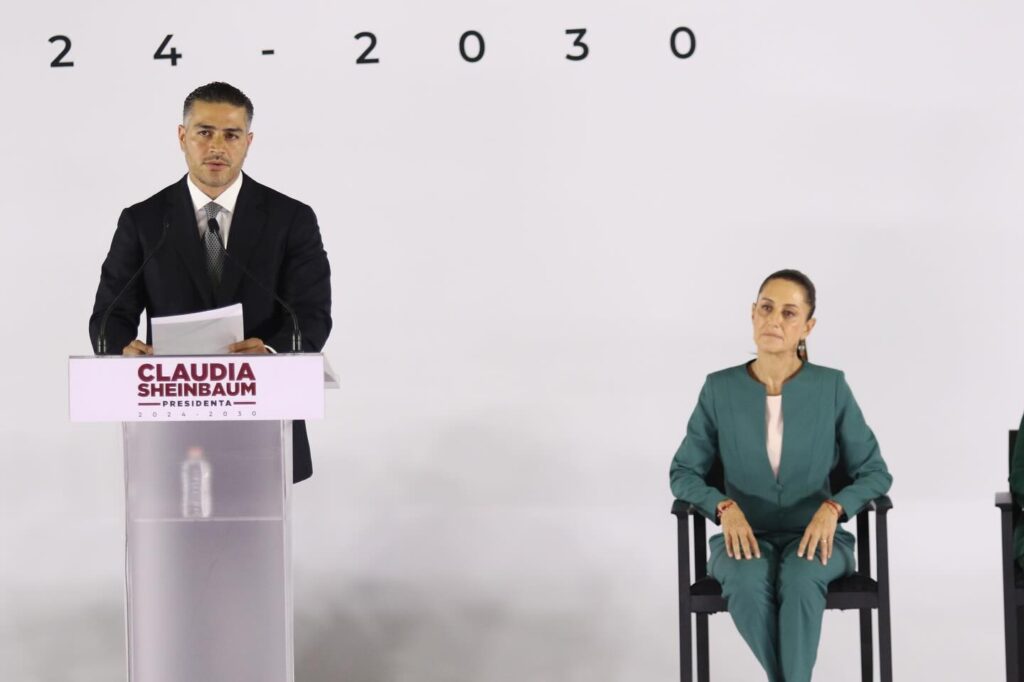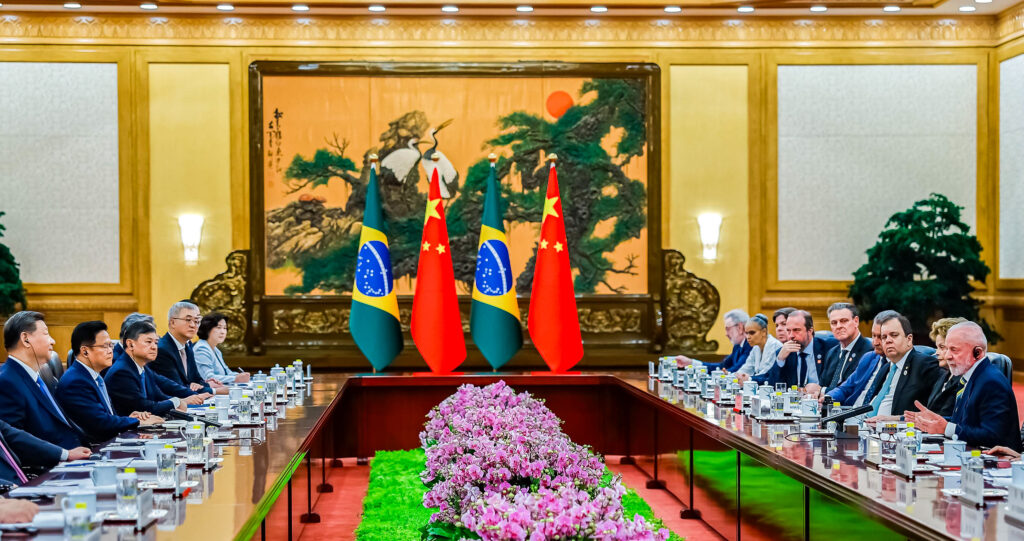Medellín, Colombia — Martin Luther King Jr. was an American Baptist minister, activist, and leader in the Civil Rights Movement. He is best known for his role in advancing civil rights using nonviolent civil disobedience based on his Christian beliefs. He was a leader of the Montgomery Bus Boycott and helped found the Southern Christian Leadership Conference, which played a key role in the American Civil Rights Movement from the mid-1950s until his assassination in 1968.
His message of nonviolence, civil rights, and social justice is one that resonates deeply with many people in Latin America who have also struggled with issues of inequality and discrimination. His leadership and activism in the Civil Rights Movement in the United States served as a source of inspiration for many civil rights activists in the region, who were motivated by his message and approach to effect change in their own societies.
“I have a dream that my four little children will one day live in a nation where they will not be judged by the color of their skin but by the content of their character.”
Martin Luther King Jr., “I Have a Dream.”
These activists have drawn inspiration from King’s use of non-violent tactics, such as peaceful protests and civil disobedience; these individuals have sought to achieve social change and secure their own rights. As a result, King’s legacy continues to exert a significant influence on civil rights movements in Latin America to this day.
Some examples include:
- The Black Consciousness Movement in Brazil, which emerged in the 1960s and 1970s, was heavily influenced by King’s nonviolent philosophy and his focus on racial pride and self-determination for black people. One example of how the Black Consciousness Movement in Brazil was inspired by Martin Luther King, Jr. is through the work of educator and activist Abdias do Nascimento. In a 1971 speech, Nascimento said, “Martin Luther King and Malcolm X are our heroes. They were two of the greatest fighters for the cause of the black man, and their example is an inspiration to us all.” He also added, “The struggle of the black man in Brazil is the same as the struggle of the black man in the United States and in Africa.”
- The Zapatista movement in Mexico, which began in 1994 as an armed uprising, was also influenced by King’s nonviolent philosophy and his focus on marginalized communities and social justice. In the book “El Sueño Zapatista” authored by Subcomandante Marcos Yvon Le Bot, the movement’s foremost spokesperson, he states that the Zapatista movement is closely related to Gandhi’s movement and even more so to Martin Luther King’s civil rights movement. He goes on to say that, similar to figures such as Gandhi, MLK, Tjibaou, and Mandela, the Zapatistas demanded recognition of their identity and subjectivity beyond just participation in the political system. The author also notes that these demands are similar to those made by Mandela, although his methods may be less traditional.
- The Civil Rights Movement in Chile emerged in the 1970s and 1980s, and although its direct connection to Martin Luther King Jr.’s message is not well-documented, his name has been mentioned in the upbringing and a letter authored by the movement’s leader, Victor Jara, who was deeply influenced by the social and political climate of Chile during his lifetime, and the ideas of social justice, equality, and freedom that King advocated for may have been an inspiration for Jara’s own activism.
It’s worth noting that these movements had their own characteristics and development, but Martin Luther King Jr.’s legacy and message impacted them.
Martin Luther King Jr.’s speeches, including his iconic “I Have a Dream” speech, have had a lasting impact not just in the U.S. but also around the world, particularly in Latin America, where his message has been translated and widely disseminated. His ideas and actions continue to inspire generations, as a shining example of how one person can incite positive change through peaceful means.
“A true revolution of values will soon look uneasily on the glaring contrast of poverty and wealth … It will look across the oceans and see individual capitalists of the West investing huge sums of money in Asia, Africa and South America, only to take the profits out with no concern for the social betterment of the countries, and say: “This is not just.” It will look at our alliance with the landed gentry of Latin America and say: “This is not just.”
Martin Luther King Jr., “Where Do We Go from Here: Chaos or Community?”
The Black Lives Matter movement, which began in 2013 and gained widespread attention following the killing of George Floyd in Minnesota in 2020, has echoed King’s message with the statement “MLK’s Dream. Our Fight”. The movement has been a major force in recent history, raising awareness and sparking conversations about racial justice and inequality and leading to increased support for issues affecting Black communities and other marginalized groups.
In Colombia’s Pacific port city of Buenaventura in 2021, marginalized Black residents began shouting “las vidas negras importan” (“Black lives matter”) during protests to demand dignity and better living conditions for the community. And other Black Lives Matter protests erupted in cities across the country to protest police violence.
Reflecting on King’s principles of nonviolence and civil rights can provide valuable insights and guidance for addressing ongoing issues of discrimination and inequality in the region today.
Celebrating King’s legacy on January 16 serves as a reminder of the importance of persistence and perseverance in the face of adversity and the transformative power of individual and collective action in bringing about meaningful change.



